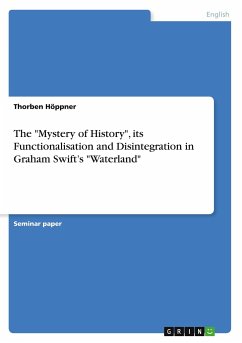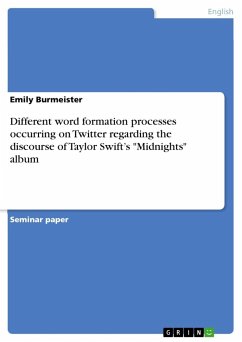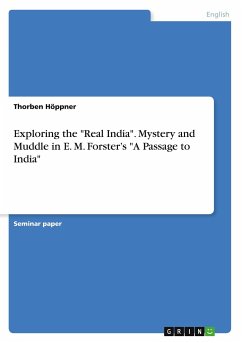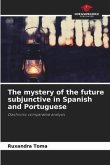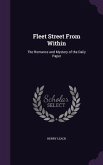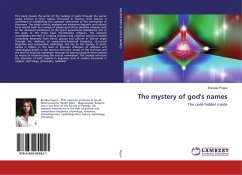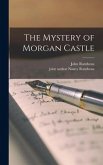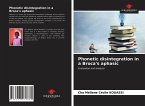Seminar paper from the year 2021 in the subject English Language and Literature Studies - Literature, grade: 1,0, , language: English, abstract: This paper investigates how the ambivalent, perhaps even ambiguous definition of ¿historiä relates to the representation of history in the novel and how this representation again relates to its functionalisation by Tom Crick. To answer this question, this paper will primarily work with Linda Hutcheon¿s notion of ¿historiographic metafiction¿ while also pointing out similarities to the reading of Waterland as a trauma narrative. In taking a closer look at the protagonist-narrator himself, this paper argues that the protection ¿from chaos and disorder¿, which Landow addresses, is only achieved through a form of historical escapism. Superficially speaking, Graham Swift¿s Waterland is a novel about a history teacher who, having lost his job, forsakes the formal teaching of history, and embarks on an extracurricular journey into his own past. However, upon closer examination, Waterland is more than that, a novel about history itself. It explores ¿the whole mystery of ¿history¿¿, as Swift himself puts it in the introduction to the novel (Waterland, xv). Thus, it is only logical that the novel prefaces its narrative with an insightful epigraph: a dictionary definition of the Latin word ¿historiä, from which the English word ¿history¿ originates. As can be seen above, however, said definition is ambivalent- it is ¿inherently polysemantic¿ as Judith Ryan notes. James Acheson has likewise pointed out that the fact that ¿historia can mean either history or fiction is significant, for the historian and the writer of fiction must deal with similar problems in writing about the past¿. The natural tendency of language towards proliferation of its meaning aside, the epigraph leaves us with a very ambivalent concept of history, which the narrative of Waterland, in its dealing with history, then builds on. Since such a prominent theme in Waterland, the novel¿s representation of history has been thoroughly examined in secondary literature; particularly against the theoretical background of what Linda Hutcheon has identified as ¿historiographic metafiction¿.
Hinweis: Dieser Artikel kann nur an eine deutsche Lieferadresse ausgeliefert werden.
Hinweis: Dieser Artikel kann nur an eine deutsche Lieferadresse ausgeliefert werden.

